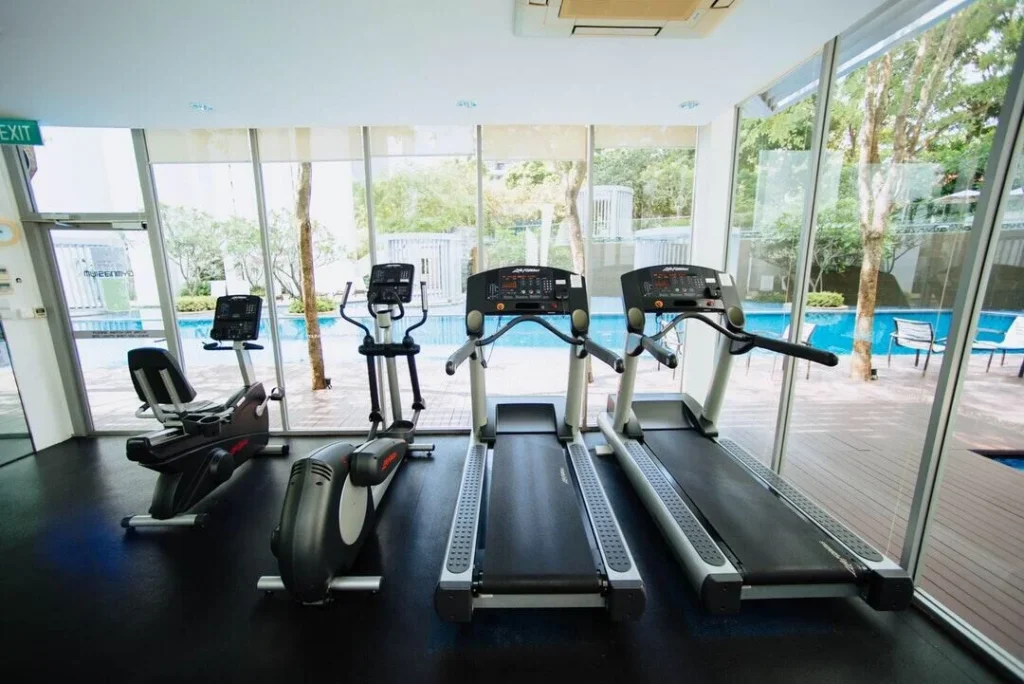Curved treadmills have become a popular choice for fitness enthusiasts seeking an eco-friendly, low-impact workout. These treadmills offer a unique running experience without the need for a motor, relying instead on the user’s own energy.
However, like any piece of fitness equipment, they require regular treadmill care and maintenance to ensure optimal performance. In this post, we’ll explore the best ways to keep your curved treadmill in top shape, ensuring a smoother running experience and prolonged lifespan.
Regular Cleaning
Keeping your treadmill clean is one of the simplest yet most effective ways to maintain it.
Daily Cleaning Routine
After each workout, wipe down the treadmill with a clean, dry cloth to remove sweat and dirt. Pay special attention to the running belt and rails, as buildup in these areas can affect performance.
Weekly Deep Clean
Once a week, use a mild cleaner and damp cloth to thoroughly clean the belt, frame, and display. Avoid using harsh chemicals or too much water, as these can damage the treadmill’s components.
Lubricating the Belt
Lubrication is crucial for reducing friction between the belt and the rollers, which can extend the life of your treadmill.
When to Lubricate
Most manufacturers recommend lubricating the belt every three months, but this can vary depending on usage. If you notice the belt feeling stiff or noisy, it might be time for lubrication.
How to Lubricate
To lubricate, lift the belt slightly and apply a small amount of treadmill lubricant along the edges. Turn the treadmill on and walk on it for a few minutes to help distribute the lubricant evenly.
Inspecting Bearings and Rollers
The bearings and rollers are essential for the smooth operation of your curved treadmill.
Monthly Checks
Inspect the bearings and rollers monthly for signs of wear or dirt buildup. If you notice any unusual noises or resistance while running, these components may need attention.
Cleaning and Replacing
Clean the bearings and rollers with a soft cloth and a small brush. If they are worn out, it’s best to replace them to avoid further damage to the treadmill.
Checking the Tension
The tension of the running belt affects both performance and safety.
Testing Tension
To check the tension, press down on the belt with your hand. It should give slightly but not too much. If the belt feels too loose or too tight, it may need adjusting.
Adjusting the Tension
Refer to the user manual for specific instructions on how to adjust the tension of your particular treadmill model. Usually, this involves tightening or loosening the bolts at the back of the treadmill.
When to Seek Professional Help
While many exercise equipment maintenance tasks can be done at home, some issues may require professional help.
Recognizing Serious Problems
If you notice major issues like a warped belt or significant frame damage, it’s best to consult a professional. Attempting to fix these problems yourself can cause further damage.
Finding a Technician
Look for certified treadmill technicians in your area. Many manufacturers also offer repair services for their products. If you are looking for the best one, check out fitness equipment preventive maintenance in alexandria.
Understanding the Curved Treadmill Maintenance Tips
Maintaining your curved treadmill doesn’t have to be a daunting task. With regular cleaning, lubrication, and inspections, you can keep your treadmill running smoothly and extend its lifespan. Remember, a well-maintained treadmill not only enhances your running experience but also ensures your safety.
For more helpful tips, check out the rest of our site today!






